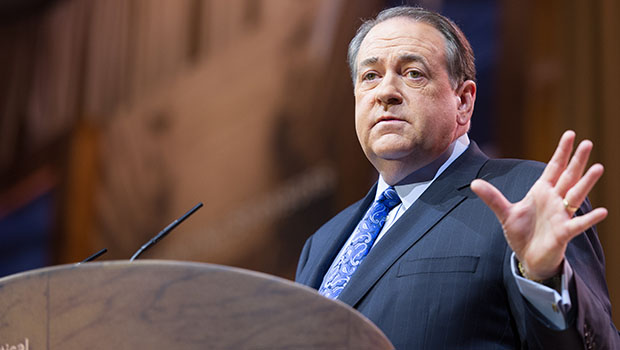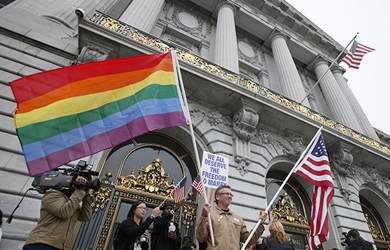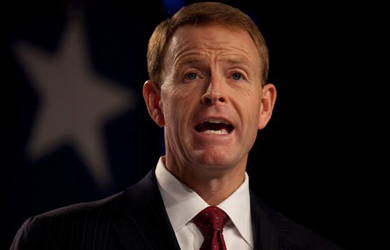A few weeks ago, I wrote a post about a survey conducted by the Military Officers Association of America that purportedly showed that members of the military overwhelming oppose efforts to repeal Don’t Ask, Don’t Tell.
Elaine Donnelly immediately seized on it as “proof” that repealing DADT would destroy the US military because huge numbers of service members would leave the armed services.
The only problem was that the MOAA quickly repudiated the “resuts” of the survey, saying its “results were too skimpy and unreliable to be of any validity … and therefore not a reliable indicator of how a population feels about an issue.”
At the time, I said that “I highly doubt that will stop Donnelly from continuing to cite it as ‘proof’ in her campaign to protect the military from the scourge of homosexuality.” And guess what? She’s still citing it and claiming that the survey’s findings were, in fact, valid:
The Military Officers Association of America, a large and influential veterans group, has even stifled such voices. In 2008, the association correctly anticipated efforts to repeal the 1993 law regarding homosexuals in the military, which frequently is mislabeled “don’t ask, don’t tell.”
The association invited readers of its magazine, Military Officer, to participate in an online opinion survey on gays in the military. The professionally designed survey tabulated the ages and military background of respondents, as well as their answers to three questions about professed gays in the military and attitudes toward homosexuality in general
Survey results did not make news until July, when Washington Times Base News Editor Grace Vuoto reported that they revealed strong support for current policy (16 percent) or an even stronger law excluding homosexuals from the military (52 percent).
The same combined percentage, 68 percent, expressed the belief that repeal of the 1993 law would have a very negative effect (48 percent) or a moderately negative effect (20 percent) on troop morale and military readiness.
Contrary to stereotypes about the views of younger men and women, the survey of 1,664 respondents included a significant number of younger, active duty, or drilling reserve/guard personnel who were largely tolerant of homosexuality in other situations.
Vuoto included in the story a statement from a Military Officers Association of America official expressing concerns about military readiness, but deferring to “senior military leadership” on pending legislation to repeal the 1993 law. A few days later, association officials issued a new statement describing the survey as “statistically invalid” because there were only 500 responses in the first 11 days, and “some non-members” may have passed the survey around to friends in order to “skew results.”
All data was erased from the Web site mentioned in the original Washington Times story, bringing to mind an Andy Rooney aphorism, “To ignore the facts does not change the facts.” The survey was not invalid, but it was inconvenient.
MOAA yanked the survey because the response rate was low and utterly unreliable, as well as out of suspicion that “some non-members were passing the survey around to their friends in an effort to skew the results,” yet Donnelly is still citing it as proof of her position, despite the fact that MOAA itself says the survey is meaningless.
It is not MOAA that is ignoring the facts about this survey because they are inconvenient, it is Donnelly.








